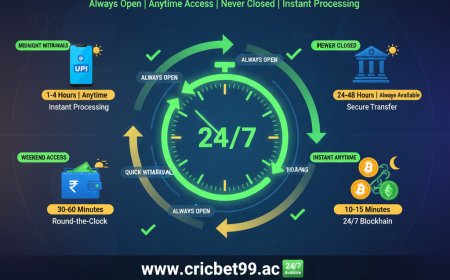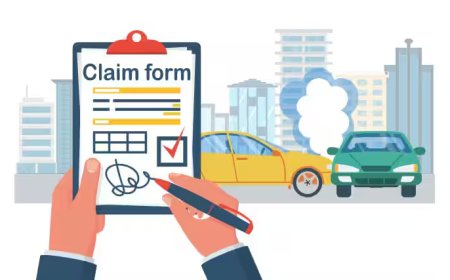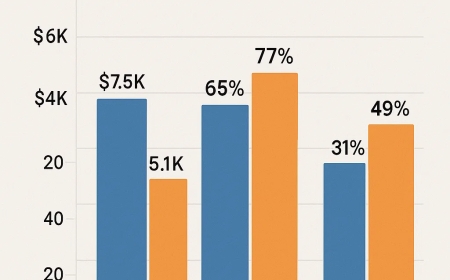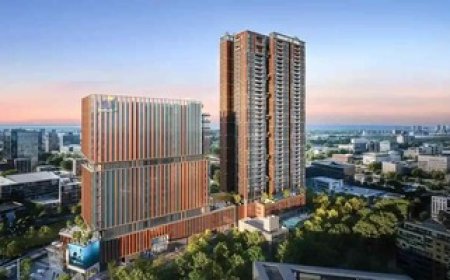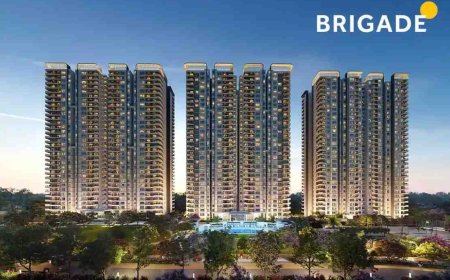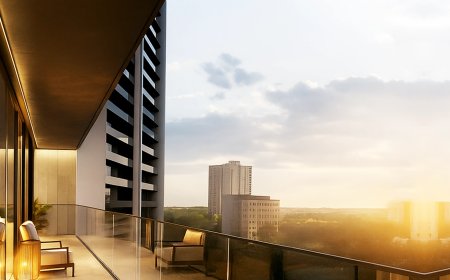Dubai Real Estate: A Modern Investment Landscape Built on Vision and Stability
Dubai is more than a cityits an experience that merges ambition, culture, and innovation. In just a few decades, Dubai has transformed from a desert outpost into one of the worlds most desirable locations to live, work, and invest. Among its many achievements, Dubai Real Estate stands out as a prime example of how vision and regulation can build a transparent, high-yield property market that consistently attracts investors worldwide.
If you are exploring ways to diversify your portfolio or secure a safe haven for your capital, Dubai Real Estate offers a compelling case: no annual taxes, robust legal protections, and an unmatched lifestyle. Lets explore what makes this market unique and why so many people continue to invest in Dubai.
Why Dubai Real Estate Is a Global Magnet for Investors
1. A Tax-Friendly Environment
One of Dubais strongest selling points is the absence of annual property taxes and capital gains taxes. This policy means investors can hold and grow their property portfolios without the recurring expenses common in mature Western markets. Over time, this tax efficiency significantly improves net returns.
2. High Rental Yields
Few established cities offer such strong rental performance. Gross rental yields in Dubai often range from 5% to 8%, depending on location and property type. In comparison, cities like London, Paris, or New York rarely exceed 34%. These yields, combined with no annual taxes, make Dubai a favorite among buy-to-let investors.
3. Strict Regulations and Buyer Protections
The Dubai Land Department (DLD) and Real Estate Regulatory Agency (RERA) have created a framework that protects buyers at every stage. Whether you are purchasing off-plan or ready property, all transactions are documented and governed by clear regulations:
-
Developers must secure buyer funds in escrow accounts.
-
Title deeds are issued by the DLD.
-
Brokers and agents must be licensed.
-
Specialized courts resolve disputes quickly.
This environment offers transparency and confidence rarely found in emerging markets.
4. Infrastructure and Lifestyle
Dubai has invested heavily in infrastructure and amenities:
-
Two major airports and a global seaport.
-
Efficient highways and metro networks.
-
World-class healthcare, education, and leisure options.
-
Diverse shopping, dining, and cultural experiences.
For investors, these factors mean sustained demand for both rental and owner-occupied properties.
Top Neighborhoods in Dubai
Dubai Real Estate caters to a wide variety of buyers, from luxury seekers to young professionals and families.
Downtown Dubai
Home to the Burj Khalifa and Dubai Mall, this district is the citys most prestigious address. Apartments here are popular with executives and investors seeking consistent rental income.
Dubai Marina
A waterfront district that combines modern high-rises with stunning marina views. Its one of the most active rental markets, appealing to professionals and short-term visitors alike.
Palm Jumeirah
The world-famous man-made island offers beachfront villas and luxury apartments with panoramic Gulf views. Demand for Palm properties remains strong among high-net-worth buyers.
Business Bay
Located next to Downtown, Business Bay features residential towers alongside corporate headquarters. Its an attractive choice for investors targeting young professionals.
Arabian Ranches
A suburban, gated community with spacious villas and excellent schools. Ideal for families who value space and tranquility.
Jumeirah Village Circle (JVC)
A rapidly growing neighborhood with modern townhouses and apartments at accessible prices. JVC has become a popular option for investors seeking higher yields.
Property Types: A Diverse Market for Every Investor
Dubai offers an array of property types:
-
Studios and Apartments: Perfect for investors targeting young professionals or tourists.
-
Townhouses: Mid-sized homes in family-friendly communities.
-
Villas: Detached residences with private gardens and pools.
-
Off-Plan Properties: Under construction, often with flexible payment plans.
-
Ready Properties: Completed and ready for immediate occupation or leasing.
This diversity allows you to build a portfolio tailored to your goals.
Off-Plan vs. Ready Properties: Pros and Cons
Off-Plan Properties
These are properties purchased before completion.
Benefits:
-
Lower entry price.
-
Developer installment plans with manageable payments.
-
Potential appreciation as the project nears delivery.
Considerations:
-
Delivery timelines may change.
-
Due diligence is critical to ensure the developers credibility.
Ready Properties
Fully completed and registered.
Benefits:
-
Immediate rental income or occupancy.
-
You see exactly what you are buying.
Considerations:
-
Generally higher purchase price than off-plan.
Many buyers combine both strategies: ready properties for immediate returns and off-plan for long-term growth.
Financing Your Investment
Dubais property financing system is designed to accommodate both residents and overseas buyers:
-
Mortgages: Non-residents can borrow up to 5060% of the propertys value. UAE residents can access up to 80%.
-
Developer Payment Plans: Many off-plan properties offer payments stretched over several years.
-
Cash Purchases: Simpler transactions and sometimes better negotiation leverage.
Typical Purchase Costs:
-
Dubai Land Department registration fee (4% of purchase price).
-
Agent commission (usually 2%).
-
Annual maintenance fees based on the property type.
Smart and Sustainable Living
Dubai Real Estate increasingly emphasizes technology and sustainability:
-
Smart home features to automate lighting, climate, and security.
-
Solar energy integration and energy-efficient design.
-
Electric vehicle infrastructure and green landscaping.
These innovations enhance tenant appeal and improve long-term asset value.
Legal Protections Every Buyer Should Know
Dubais property laws provide robust safeguards:
-
Escrow Accounts: All off-plan funds are held securely.
-
Title Deeds: Issued and recorded by the Dubai Land Department.
-
Broker Licensing: Agents must be certified by RERA.
-
Property Courts: Specialized tribunals help resolve disputes quickly.
This legal infrastructure ensures fairness and transparency in every transaction.
A Step-by-Step Guide to Buying Property in Dubai
-
Define Your Objectives: Consider whether you want rental income, long-term appreciation, or personal use.
-
Set Your Budget: Include purchase costs and future expenses.
-
Choose Your Community: Evaluate locations that fit your goals.
-
Find a Licensed Broker: Only work with RERA-registered professionals.
-
Arrange Financing: Get pre-approval if using a mortgage.
-
Reserve the Property: Sign a reservation agreement and pay a deposit.
-
Review and Sign Contracts: Understand every clause.
-
Register Your Ownership: Pay fees and receive your title deed.
You can simplify this process by working with experienced advisors at Dubai Real Estate.
Conclusion: A City Where Vision Creates Value
Dubai Real Estate has become a benchmark for success in property investment. With no annual taxes, strong yields, and a supportive legal framework, the emirate provides an environment where your capital can thrive.
Whether youre investing in a luxury penthouse, a waterfront villa, or an off-plan apartment in an emerging district, Dubai offers a dynamic market designed for growth and security. As the city continues to expand and innovate, the opportunity to create wealth and enjoy an exceptional lifestyle only grows stronger.








&srotate=0)


